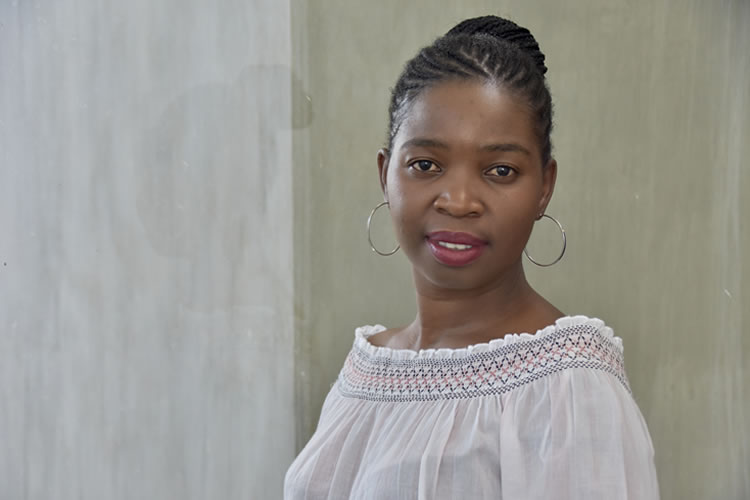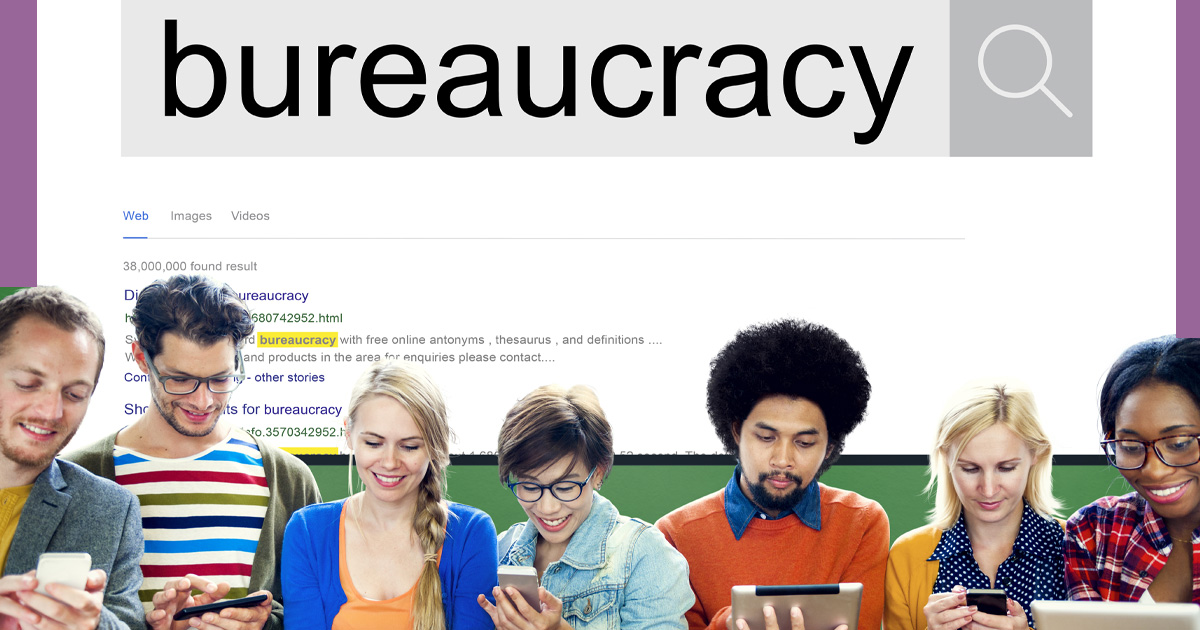The Centre for Human Rights’ Expression, Information and Digital Rights (EIDR) Unit hosted a two-day-long training and capacity-building workshop on Digital Rights in Southern Africa, from 04 to 05 October 2022. The workshop was targeted at government officials and National Human Rights Institutions (NHRIs) in Southern Africa. It is part of the stakeholder-specific workshops that commenced following the launch of the Digital Rights in Southern Africa report, which informs the training. The participants were from Angola, Lesotho, Malawi, Mozambique, Namibia, South Africa, Tanzania, and Zimbabwe.
The Assistant Director of the Centre for Human Rights, Mr Lloyd Kuveya welcomed the participants on behalf of the Centre for Human Rights and commended the programme which included vulnerable and marginalised groups whose rights are enhanced and violated in the digital space. The keynote speaker was the African Commission on Human and Peoples’ Rights Special Rapporteur on Freedom of Expression and Access to Information in Africa, Honourable Commissioner Ourveena Geereesha Topsy-Sonoo (the Special Rapporteur). While acknowledging progress in advancing digital rights on the continent such as the adoption of data protection laws and establishment of oversight mechanisms, she also noted the rampant violation of human rights in the digital age. Commissioner Topsy-Sonoo highlighted digital divide, privacy violations, censorship and hate speech as factors contributing to the digital rights violations. She urged States to ensure alignment of their laws with the appropriate regional and international human rights standards.
The main facilitator for the training was Hlengiwe Dube, the project manager of the Expression, Information and Digital Rights Unit. The co-facilitators were Marystella Simiyu and Ompha Tshamano, also from the EIDR unit and Maxwell Kadiri from the Open Society Foundations. The training focused on these themes: internet access; international laws and standards applicable to digital rights; and digital rights through the lens of vulnerable and marginalised groups such as children, women, persons with disabilities (PWDs) and rural communities; privacy and data protection; freedom of expression online; and artificial intelligence and other emerging technologies.
The theme on vulnerable and marginalised groups underscored infrastructure deficiencies, affordability of devices and data, illiteracy, privacy violations, online violence, the need for law reform and adoption of multi-stakeholder approaches in tackling the various digital rights violations that these groups encounter. The highlight of the discussion on PWDs was a screenplay(film) which demonstrated how technology makes things possible for persons with visual impairments, through Wilson Macharia, a visually impaired Centre for Human Rights doctoral candidate. The theme on privacy and data protection focused on the legislative measures that have been adopted in various countries to regulate the protection of personal information and some of the privacy violations experienced through the actions of state and non-state actors. The freedom of expression online theme tackled issues such as misinformation and disinformation, content moderation, state obligations, and the role of social media companies in the context of freedom of expression in general and specifically in addressing the information disorder that has become rampant on these platforms.
During the two days of training, participants shared their experience in the promotion and protection of digital rights in their respective countries. The training workshop concluded with a dialogue on possible initiatives that the represented stakeholders can undertake in the protection and promotion of digital rights. The training and capacity building workshop is part of the digital rights in Southern Africa project that the Expression, Information and Digital Rights Unit started in February 2022, with funding support from the USAID’s Advancing Rights in Southern Africa (ARISA) programme.
For more information, please contact:

Expression, Information and Digital Rights Unit
Tel: +27 (0) 12 420 4199
Fax: +27 (0) 86 580 5743
hlengiwe.dube@up.ac.za

Expression, Information and Digital Rights Unit
Tel: +27 (0) 12 420 3810
Fax: +27 (0) 86 580 5743
Ompha.Tshamano@up.ac.za


